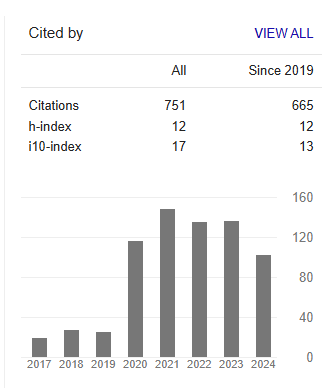Assessing the Awareness of the Staff of a University of Medical Sciences about Organ Donation Following Brain Death
Abstract
Arian pour Nahid, Ehsan Tofighi, Rasool Roozegar
Background: Organ donation is fast becoming an important bioethical issue from a social perspective, because it is a humanitarian act with the goal of saving human lives and deliverance from suffering. Donation may be for research or, more often, healthy transplantable organs and tissues may be donated to be transplanted into another person. Organ donors are usually dead at the time of donation, though sometimes may be alive. The purpose of this study is to assess the awareness of the employees of a university of medical sciences, Tehran- Iran, about organ donation following brain death.
Methods: A questionnaire containing ten questions regarding participant's knowledge about “organ donation” was filled. To evaluate the reliability of the questionnaire Cronbach's alpha method test was used. SPSS software was used for statistical analysis of the data.
Findings: Out of 70 participants (those who answered the questionnaire), 61 were male (87.1%) and 9 were female (12.9%). Based on the education, most of the participants (36 people) were general practitioner with MBBS degree, masters and medical student (51.4%). Analyses of the collected data indicate that 60% of the 70participants are "familiar" with organ donation (P> 0.05). 72.9% of the participants expressed interest in having more information about organ donation.
Conclusion: Motivating people to donate organ is a multi-approach task. It involves applying effective methods of teaching and learning, social network interventions and exposing educational content about organ donation for social media users.



